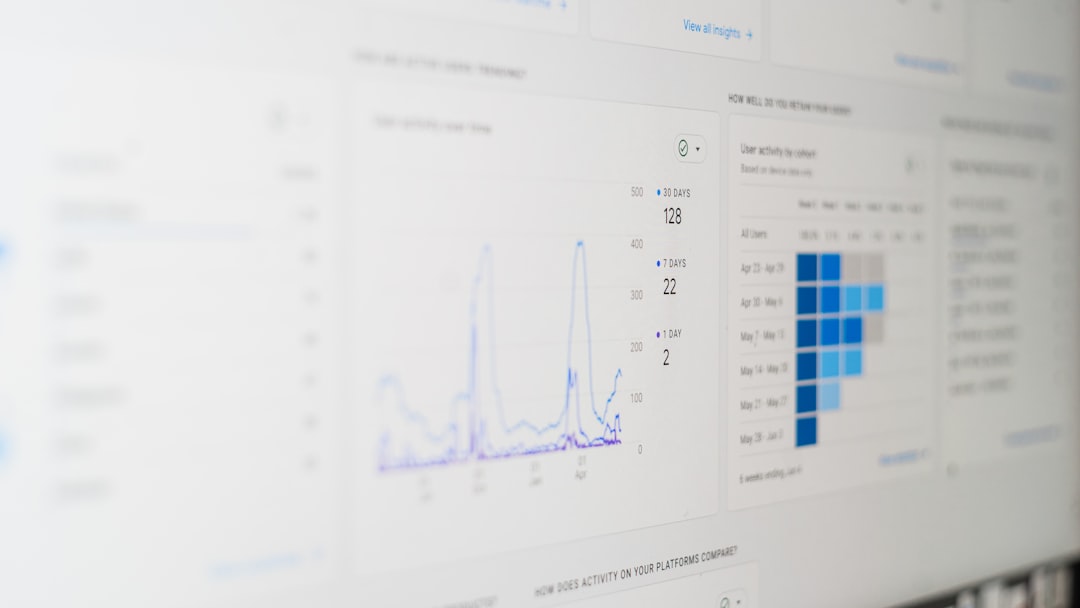Government agencies around the world face an ever-growing influx of data, often referred to as “big data.” This data, ranging from public health records to infrastructure statistics and social surveys, plays a critical role in informing policy decisions. However, navigating and making sense of these massive datasets can be time-consuming and resource-heavy. This is where artificial intelligence tools like ChatGPT can provide invaluable assistance.
The Role of AI in Public Sector Transformation
Artificial Intelligence (AI) is no longer a buzzword reserved for tech companies and startups. It is increasingly becoming a pillar of digital transformation efforts in the public sector. ChatGPT, developed by OpenAI, exemplifies how natural language processing (NLP) capabilities can enhance government operations. It synthesizes complex information, interprets unstructured datasets, and delivers actionable insights—all in human-like, conversational language. These features are particularly useful for government agencies that need to facilitate transparent decision-making and timely data review processes.
Key Applications of ChatGPT in Government Data Analysis
There are several specific applications where ChatGPT can contribute to improved data analysis in government settings:
- Data Summarization: ChatGPT can rapidly parse lengthy documents and datasets, offering concise summaries that help decision-makers grasp key points without wading through volumes of data.
- Natural Language Queries: Unlike traditional analytical tools that require technical know-how, ChatGPT allows staff to interact with data using natural language, eliminating steep learning curves.
- Trend Analysis: Through pattern recognition and contextual understanding, ChatGPT can identify long-term trends in demographic shifts, health patterns, or economic data.
- Compliance Monitoring: Agencies must frequently assess whether activities align with regulations. ChatGPT can assist in scanning through policy documents, law texts, and reports to highlight non-compliance areas.

Enhancing Efficiency and Reducing Operational Costs
Hiring data scientists or analysts can be costly, especially for local and regional governments with limited budgets. ChatGPT acts as a force multiplier by handling routine analytical tasks, allowing human teams to focus on strategic planning. Moreover, AI systems have the added benefit of operating around the clock, ensuring continuous data processing and up-to-date insights.
For instance, during public crises like natural disasters or pandemics, ChatGPT can swiftly process real-time data inputs from multiple departments to provide an overview of emergency needs, resource deployments, or citizen feedback.
Breaking Down Communication Barriers
Government reports and findings are often filled with jargon that the general public struggles to understand. One of ChatGPT’s strengths lies in its ability to translate complex data into understandable language suitable for public announcements or press releases. This transparency builds trust and empowers citizens to engage meaningfully in governance.
Integration with Existing Systems
Many agencies worry about the logistical challenges of integrating AI technology with existing database platforms. Fortunately, ChatGPT can operate through API endpoints and be customized for specific use-cases. This flexibility allows it to be embedded into dashboards, customer service portals, or internal review platforms.
Furthermore, plugins and scripts can be used to link ChatGPT directly with government CRM systems or data repositories, ensuring seamless data flow and interaction.
Real-World Use Cases
Some governments have already begun experimenting with AI-based language models like ChatGPT:
- Public Health: ChatGPT can assist in analyzing vaccination data, identifying under-served areas, and suggesting targeted outreach programs.
- Urban Planning: Analyzing traffic, zoning, and infrastructure data to help city planners make better decisions.
- Policy Research: Scanning and summarizing thousands of research studies to support evidence-based policymaking.
Addressing Security and Ethical Concerns
AI usage in government requires a careful approach to data security and ethical considerations. ChatGPT can operate in environments with limited or no internet connectivity—it can be hosted on secure servers that comply with governmental standards. Moreover, any ethical concerns related to AI biases can be mitigated by customizing the model with curated datasets and regular auditing.

By establishing robust governance frameworks around AI, coupled with staff training and oversight mechanisms, government agencies can ensure a responsible deployment of ChatGPT tools.
Building the Workforce of the Future
AI tools like ChatGPT are not meant to replace government employees but to empower them. With the right training, civil servants can become proficient in using AI-assisted tools for reporting, policy design, and administrative tasks. This shift not only boosts productivity but also helps in closing the digital skills gap in the public sector.
Conclusion
With its scalability, adaptability, and powerful natural language capabilities, ChatGPT is well-positioned to revolutionize data analysis and decision-making in government agencies. By simplifying data interaction, enhancing transparency, and supporting informed policymaking, this AI tool offers a new horizon for public sector innovation. As governments continue to embrace digital transformation, tools like ChatGPT will become indispensable assets.
Frequently Asked Questions (FAQs)
- Q: Can ChatGPT handle confidential government data?
A: Yes, ChatGPT can be deployed in secure, on-premise environments that ensure compliance with data protection and privacy standards. - Q: How accurate is ChatGPT in analyzing government data?
A: While ChatGPT offers robust analytical capabilities, its accuracy depends on the quality and structure of the input data. It’s best used in tandem with human oversight. - Q: Does using ChatGPT require specialized training?
A: Basic use of ChatGPT does not require coding skills. However, advanced applications and integrations may benefit from staff training or technical support. - Q: Can ChatGPT provide real-time insights during emergencies?
A: Yes, when integrated with real-time data feeds, ChatGPT can assist in rapidly analyzing and interpreting information during crisis events. - Q: Is ChatGPT adaptable for different languages and regions?
A: ChatGPT supports multiple languages and can be fine-tuned to align with regional dialects and cultural contexts.


